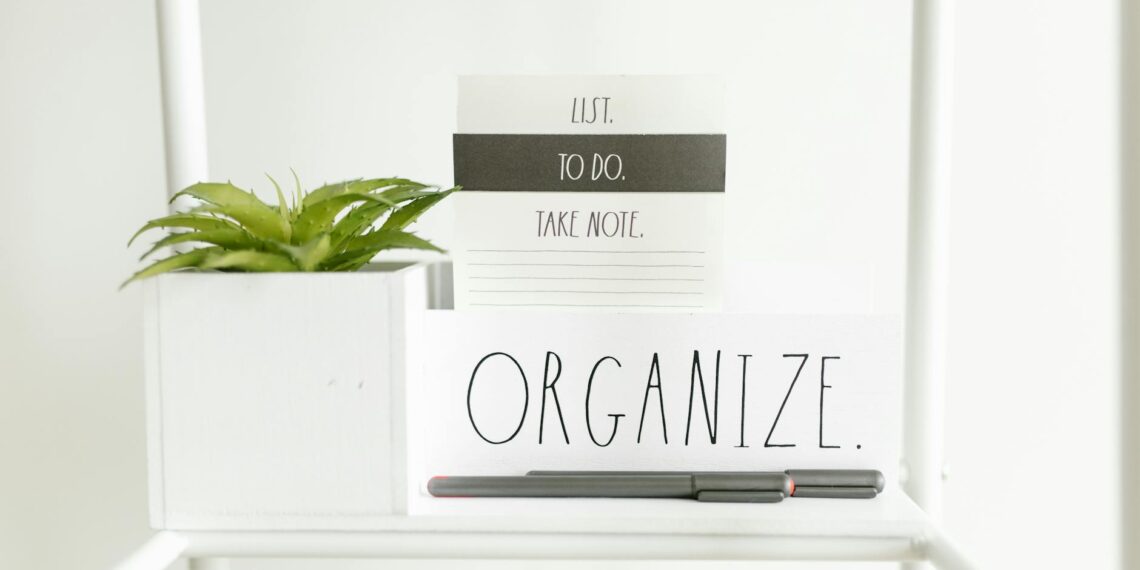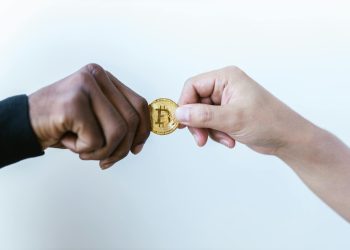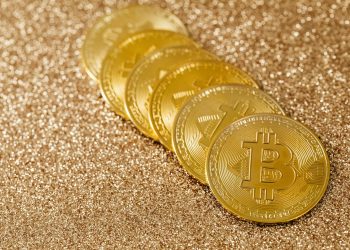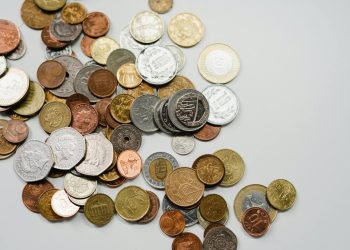Cleaning coins, especially collectible or antique ones, is a delicate matter. While it might seem like a good idea to restore their shine, improper cleaning can significantly decrease their value. Always consult a professional coin grader or numismatist before attempting to clean a potentially valuable coin.
- Low-value coins (pocket change): Cleaning these is generally safe and won’t affect their monetary value.
- Collectible or antique coins: Never clean these yourself without consulting an expert. The patina and toning that develop over time can be desirable to collectors and removing it can decrease a coin’s value. Some cleaning, particularly if a coin is deformed or affected by harmful substances like PVC, might be necessary and should be done by professionals.
- Encapsulated or graded coins: These have been professionally authenticated and encased for protection, so cleaning them isn’t necessary or recommended.
If you’re cleaning common coins, here are some safe and gentle methods:
- Warm, soapy water:
– Fill a bowl with warm distilled water and add a squirt of dish soap.
– Submerge coins one at a time and gently rub them between your thumb and index finger.
– Rinse with warm distilled water and pat dry with a soft, lint-free cloth.
- Soaking in distilled water:
– Soaking in distilled water for a few minutes can loosen debris.
– If needed, use a very soft brush while submerged to loosen dirt (do not scrub).
– Rinse with fresh distilled water and air dry on a lint-free cloth (avoid patting or using heat).
- Acetone:
– Acetone can remove surface contaminants and debris without harming the coin.
– Soak the coin in an aluminum pie pan (acetone can damage plastic) in a well-ventilated area.
– Rinse the coin under running water and pat dry with a soft cloth.
- Specialized coin cleaning products: Some products specifically designed for cleaning coins are available, but reviews are mixed.
- Vinegar and salt: This acidic solution can remove tarnish, especially from copper coins, but can also damage or devalue collectible coins.
- Baking soda: Baking soda paste with water can be effective, but its abrasiveness could scratch delicate surfaces.
- Lemon juice and salt: Similar to vinegar and salt, lemon juice is acidic and can remove tarnish, but also potentially damage valuable coins.
- Ketchup: The acids in ketchup can help dissolve tarnish, but should be used cautiously on older or collectible coins.
- Cola: Cola contains phosphoric acid that can break down tarnish, but its use on valuable coins is controversial.
- Hydrogen peroxide: Diluted hydrogen peroxide can remove stains and tarnish without damaging the coin’s surface, but it’s important to use it properly.
- Abrasive materials or chemicals: Products like steel wool, wire brushes, or strong acids can irreversibly damage a coin’s surface and destroy its value.
- Rubbing or scrubbing: Even soft brushes or cloths can create micro-scratches that reduce a coin’s value.
- Nail polish remover: Many nail polish removers contain harsh chemicals and additives that can harm coins.
- Always handle coins by the edges: Oils from your fingers can transfer to the coin’s surface and cause discoloration or corrosion over time.
- Use cotton gloves: Gloves provide an extra layer of protection against oils and contaminants when handling coins.
- Avoid sudden temperature changes: Temperature fluctuations can lead to condensation and damage, especially for coins made of vulnerable metals.
- Store coins in a cool, dry place: Humidity and moisture are damaging to coins and can cause rust or corrosion.
- Use appropriate storage materials: Choose acid-free and PVC-free holders and albums designed for long-term coin storage to prevent chemical reactions and damage.











How do you clean a coin without ruining it?
Thanks for asking. And safe option for cleaning coins. It works well for removing tarnish without causing harm. Just remember to rinse the coins thoroughly after cleaning to remove.
Can I clean coins with Dawn dish soap?
Especially bright copper. If you have to use anything to try and get some gunk.